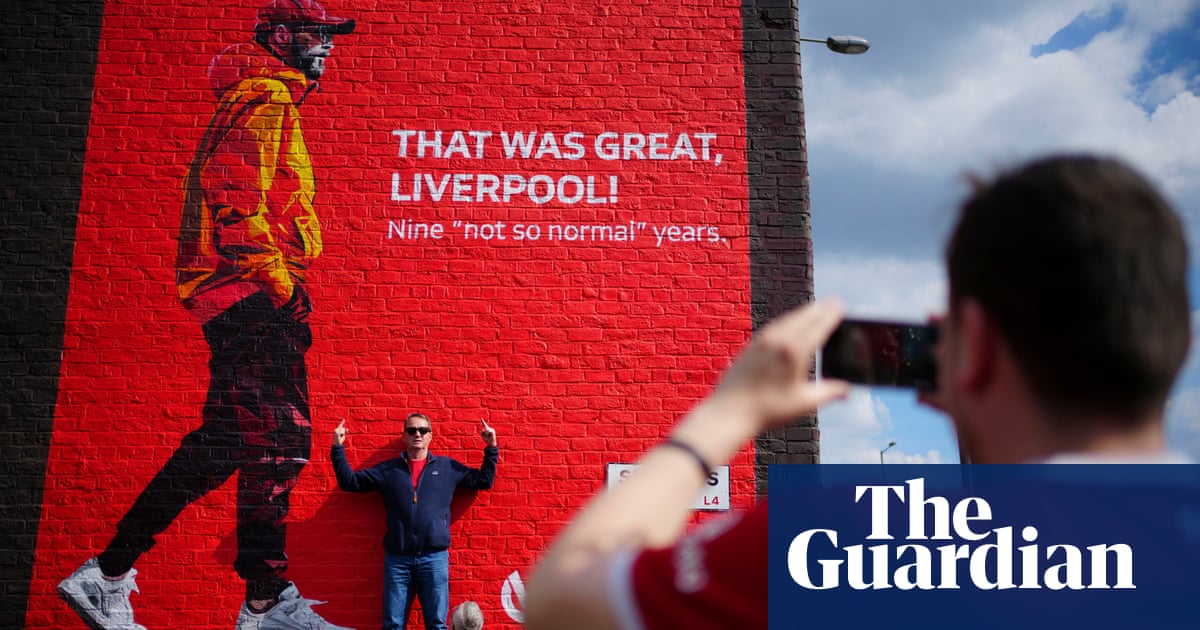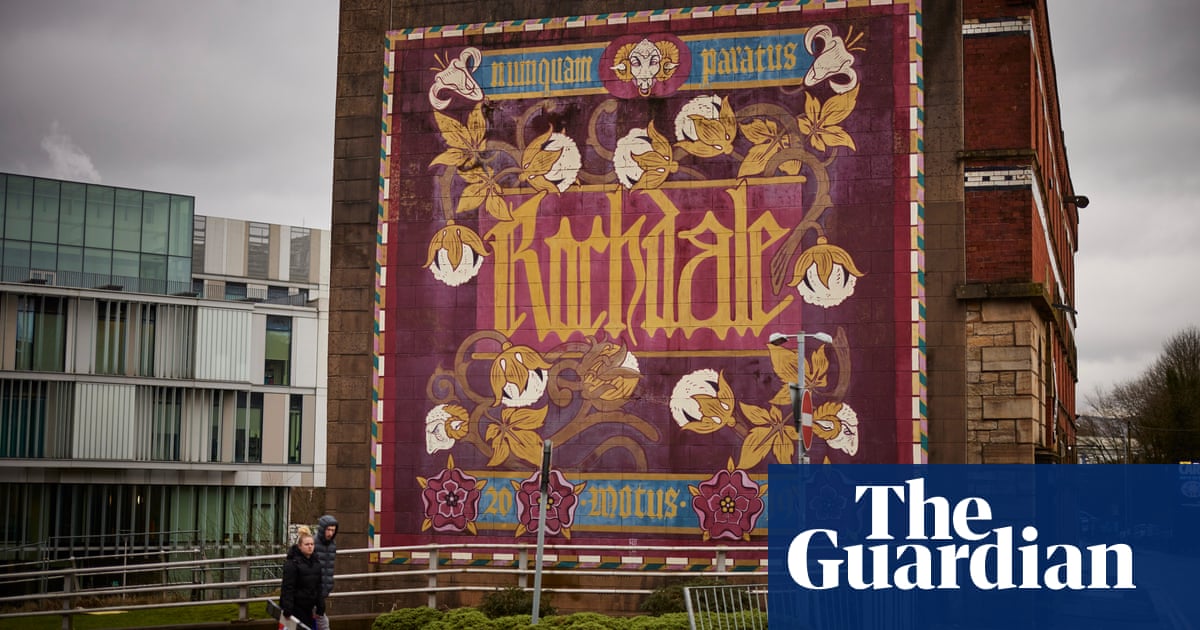
embodied in faces and stories — is that sometimes leaders of the political parties that make up its landscape have a wider following than the parties they represent. Their parties need them more than they need their parties. They are the engines that drive the parties through the electoral process, rather than the other way around.
A salient instance of this phenomenon was thrown up by the Indian general elections of 2014, when the then-opposition Bharatiya Janata Party (BJP), historically lacking pan-Indian appeal due to its often-divisive Hindu nationalist agenda, won an absolute majority in Parliament for the first time in its history.
Its star campaigner and prime ministerial candidate Narendra Modi drew to the party huge blocs of voters — the urban middle class, youths in small towns, even voters who historically voted for caste-based or regional parties — on the strength of his charisma and his record as the chief minister of a major Indian state, Gujarat.
Modi’s ascent decimated the previous default choice in the country’s politics, the Indian National Congress (INC) — which had held together a coalition government for the previous decade — reducing it to a mere 44 seats in the 545-member lower house of Parliament, the Lok Sabha.
But five years of Modi’s India are now nearly at an end. With the country set to go to the polls again in May, and the INC resurgent after significant victories in recent state elections, the party played its trump card last month. It announced the long-anticipated political debut of the only figure within its cadre who has the potential to replicate Modi’s crossover appeal: Priyanka Gandhi Vadra, 46.
Her appeal to voters — instantly visible at a roadshow rolled out for her earlier this month in the northern city of Lucknow — is made up of elements very different from that of Modi’s, and in some aspects antithetical to his.
She is the great granddaughter of Jawaharlal Nehru, India’s first prime minister, the granddaughter of Nehru’s daughter and former Prime Minister Indira Gandhi (to whom she bears a distinct physical resemblance), the daughter of former Prime Minister Rajiv Gandhi, and the sister of current INC president and prime ministerial candidate Rahul Gandhi.
So, Priyanka symbolizes the power and mystique of political lineage, but also the refreshing novelty of someone undiminished either by continuous exposure to the media or by any previous record of political office. Activating the “Priyanka factor” will be a boost to the party cadre, and will likely draw much-needed funds to the INC’s war chest, diminished by five years of the BJP being the behemoth in India’s giant, murky system of political finance.
With the country set to go to the polls again in May, and the INC resurgent after significant victories in recent state elections, the party played its trump card last month
Chandrahas Choudhury
The INC last week took its newest political weapon straight to the center of the battlefield by appointing Priyanka to lead the campaign in eastern Uttar Pradesh (UP). India’s largest state — with more than 200 million people and with its 80 representatives making up one-seventh of Parliament — UP is the arena where general elections are won and lost.
The BJP knows this well, having won 73 out of 80 seats there in 2014. Priyanka will now oversee the INC’s campaign in half those seats, including Modi’s constituency. It is not inconceivable that the party might select her to contest against Modi himself.
So, suddenly, the coming election campaign has become more interesting, and we can expect to see a good fight instead of the landslide of 2014. Furthermore, Modi has failed to deliver jobs and a more efficient administration, and has presided over a creeping transformation of the secular state into a Hindu majoritarian one. It is hard to see how he would change course if given a second term, so a revitalized Congress is good for India.
And yet, while taking heart in the rise of some genuine political competition, one cannot but feel disappointed at the banality of the options that currently seem politically practicable in Indian democracy. The INC was once a party of multiple voices that invented a new template for the guiding principles of independent India: Universal suffrage, secularism, non-violence, and a dismantling of caste and gender hierarchies, at least in the realm of the law.
These ideas represent the party’s distinctive identity, and are hardly the trademark of one family. They deserved to be extended, revised and deepened by an even more diverse set of thinkers in an exciting new stage of Indian history. But they have increasingly been reduced to banalities by a party that puts its faith in totems — the magic word “Gandhi” — rather than thought.
So as a female politician with confidence and charisma, and as a possible unifier of a society scorched by the BJP’s religious wars, Priyanka’s entry on the political stage is very welcome. But, as the representative of the decadence of a great Indian political tradition, and the inability of a dynasty to share power and thereby reward real merit and talent, she remains a symptom of much that is wrong with the country today.
• Chandrahas Choudhury is a writer based in New Delhi. His work also appears in Bloomberg View and Foreign Policy. Twitter: @Hashestweets
Disclaimer: Views expressed by writers in this section are their own and do not necessarily reflect Arab News" point-of-view












